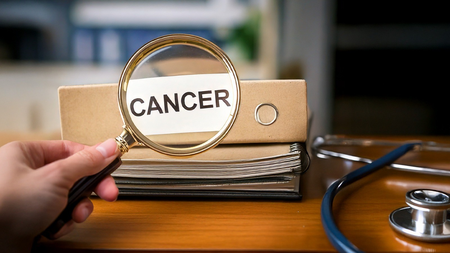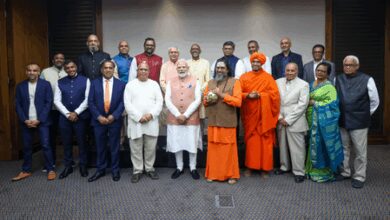Loneliness, social isolation may raise risk of death in people with cancer: Study

New Delhi, Oct 15 (IANS) Loneliness and social isolation can raise the risk of death from cancer as well as from all causes among those with the disease, according to a study.
In a pooled data analysis of 13 studies involving over 15 lakh patients, a team of Canadian researchers led by those from the University of Toronto found that loneliness is relatively common among people with cancer.
The potential impact of loneliness on death from cancer was reported for 2,142,338 patients in nine studies, and pooled data analysis showed that it was associated with an 11 per cent heightened risk of death from the disease, after adjusting for small study sizes.
“These findings collectively suggest that loneliness and social isolation may influence cancer outcomes beyond traditional biological and treatment-related factors,” said the researchers in the paper published online in the open-access journal BMJ Oncology.
Exploring the reasons, the team found that social isolation and loneliness increase mortality risk in patients with cancer through interconnected biological, psychological, and behavioural mechanisms.
“Biologically, the stress response triggered by loneliness may lead to immune dysregulation and heightened inflammatory activity, ultimately contributing to disease progression,” the researchers explained.
At the same time, the unique burden of cancer survivorship often includes forms of isolation stemming directly from disease and treatment experiences. This includes the inability of loved ones to fully understand cancer-associated fears, stigma around visible treatment effects, and survivorship-related anxieties, affecting the oncology patients psychosocially.
Further, cancer treatment can also induce physical changes such as fatigue, cognitive impairments, which may further limit social participation, while prolonged medicalisation of life can erode pre-illness identity and community connections.
If the findings are confirmed in further methodologically sound studies, it would indicate the need to routinely incorporate psychosocial assessments and targeted interventions into cancer care to improve outcomes, the researchers said.
–IANS
rvt/





